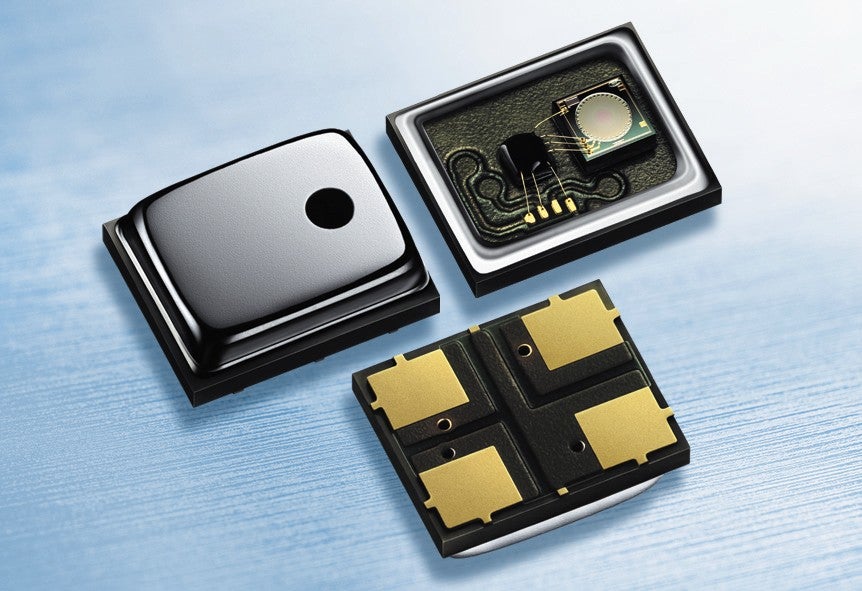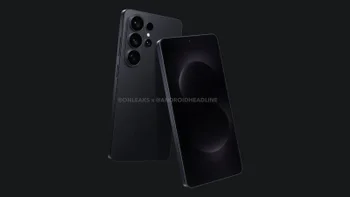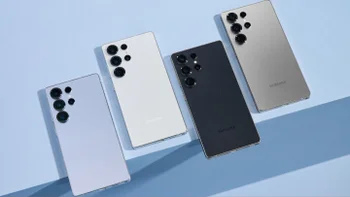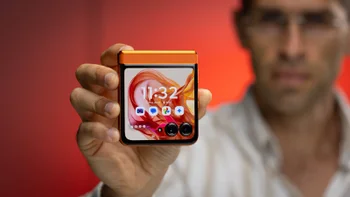Devices from the second half of 2016 could boast improved audio recording, thanks to new MEMS mics

Although smartphone users are happily recording their special moments in pristine 4K-resolution video, even expensive devices tend to fall apart when it comes to audio recording quality. Noise filtering and weak microphones usually bring out the worst of any recorded sound, and we can't recall being impressed with a smartphone's call quality over 3G/4G networks in a long time. Still, this is being worked on behind closed doors. According to an article by EETimes, high quality voice and audio are the next frontier for smartphones.
MEMS microphones with differential output allow for an almost undistorted signal, even at high SPL.
Infineon has developed new MEMS microphones that deliver “a maximum sound pressure level (SPL) around 10dB higher than the best microphones available on the market.” They use a dual back plate solution that can not only deliver a signal-to-noise ratio of 66 dB, but also provides an acoustic overload point of 135dB, which is the SPL where noticeable distortion occurs. Infineon’s engineering team has managed to refine the technology so that the company can deliver MEMS microphones with differential output, allowing for an almost undistorted signal even at high SPLs.Vesper will begin pilot production of its MEMS mics by the end of the second quarter. CEO Crowley is optimistic about the product, because partnering firm AAC "already knows every single customer to go after.” This means smartphones from the second half of the year could boast significantly improved audio recording.
source: EETimes
Follow us on Google News












Things that are NOT allowed:
To help keep our community safe and free from spam, we apply temporary limits to newly created accounts: